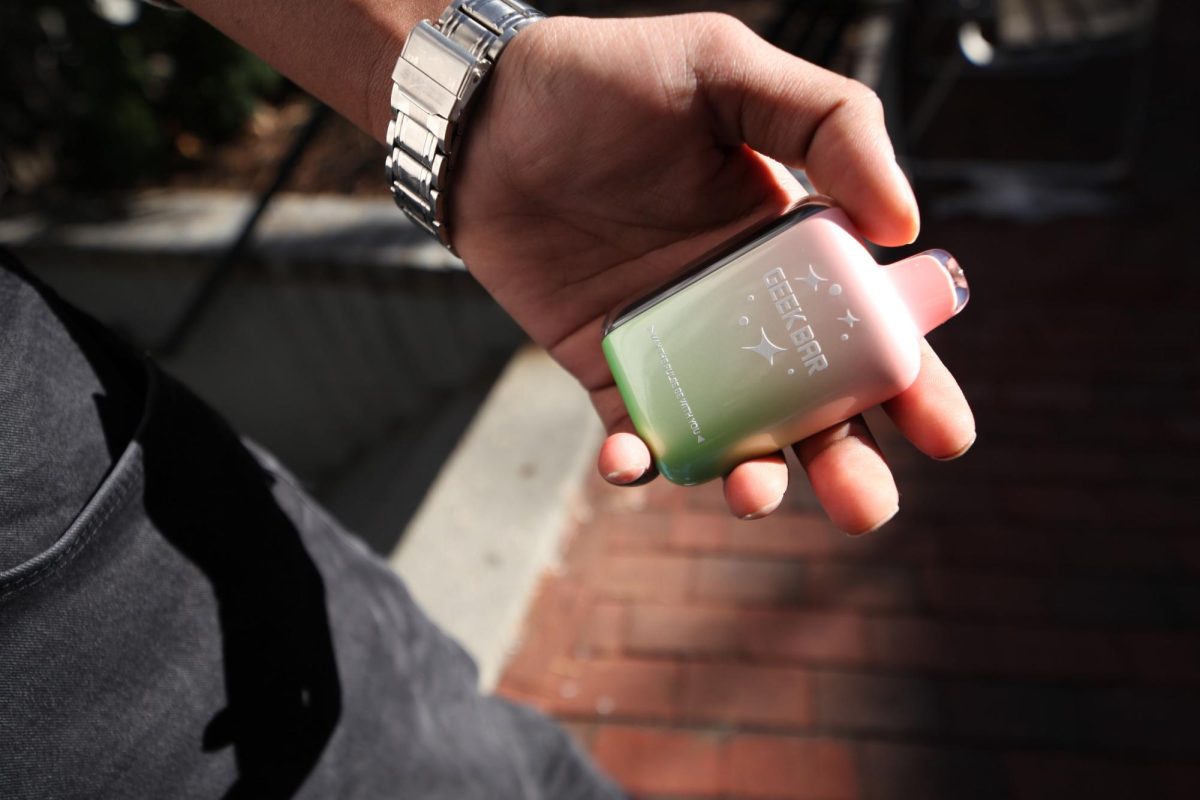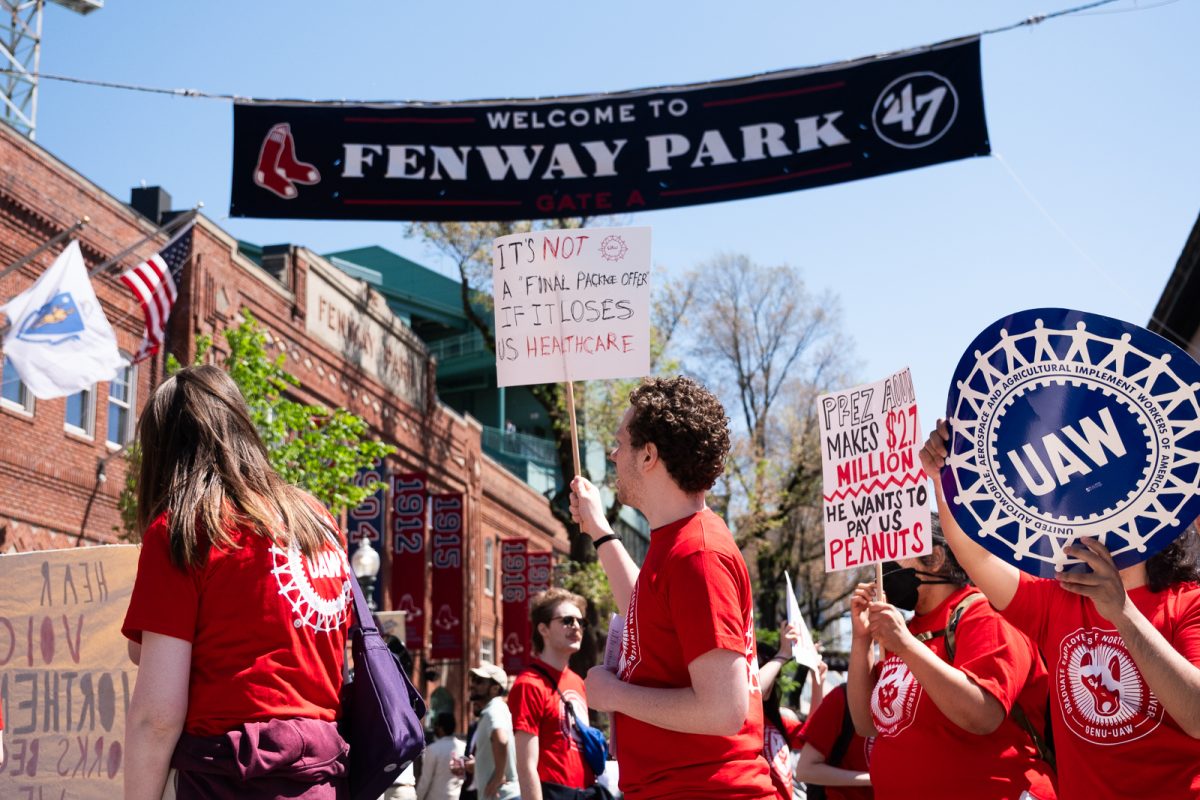Discrimination Politics in Sports
As fall moves toward the inevitable cold and snow of late autumn, college sports fans are faced with numerous new and interesting dilemmas. No, not what to do over the annual BCS debacle or how far our hockey team will make it, but serious questions of sex and race normally kept far from the fields of competition. Have sports become the simply new battleground in the war of political correctness or a model of social tolerance?
This weekend, the Northeastern Men’s Hockey team finds itself in the center of the debate as they travel to the University of North Dakota to face the “Fighting Sioux.” In the headlines lately not for their goal scoring, UND is in a fight with the NCAA over the use of their nickname. In August, the NCAA mandated that for all sanctioned postseason championship play, schools cannot use Indian mascots, logos or nicknames that are deemed “hostile and abusive.” Originally, eighteen schools were included, but some-most notably the Florida State Seminoles-have successfully appealed citing agreements with their namesake tribe. UND has no such agreement.
Just a few hundred miles from UND is Iowa City, home of the University of Iowa Hawkeyes. While not in trouble over their name (what is a hawkeye?), Iowa has received its share of negative publicity regarding a decades-long tradition many feel has run its course. For years, Iowa painted the visiting team’s locker room and shower pink, a tradition started by former football coach Hayden Fry who felt it had a “calming and passive” effect on people. Presumably, the pink would emasculate the visiting teams, allowing the black and yellow-clad home team to dominate the contest. A recent stadium renovation that added even more pink went unnoticed until a visiting professor received death threats after voicing concern over the practice.
Both of these situations beg the question, when is a battle over political correctness justified or just plain silly? Both schools argue that they are only continuing long traditions, and that the practices don’t offend or demean any group. But when those practices are based on archaic stereotypes, the school administrations lose all credence in their fight to preserve tradition.
The nickname “The Fighting Sioux” obviously paints the Sioux tribes with a warlike brush. After killing and displacing the Great Plains tribes, the term implies that the Sioux were the instigators, rather than a peaceful indigenous people brutally suppressed by the “manifest destiny” of expansionist America. Various Sioux tribal leaders have expressed concern over the name, yet the UND administration stubbornly fights to hold onto the label, insisting that it actually honors the Sioux people.
It doesn’t take much imagination to see that Iowa’s the pink locker room is designed to invoke feminine images; images that critics say demean women and perpetuate offensive stereotypes about women and homosexuality. When will society finally give up these stereotypes? I know two female all-conference athletes from local universities: one played volleyball with such reckless abandon she jumped her way into future twin knee replacements, and the other spits, tackles, and dives with a fierce determination all over the soccer pitch. When I watch them play, I certainly don’t think of pink, passive, or calm images. Both are simply athletes who compete at a high level.
The bottom line is that the respective school administrations cannot say that their use of imagery doesn’t offend people because they’re not the ones who are offended. They claim to support only vague tradition but conveniently ignore how that tradition is based in harmful and offensive stereotypes. Just because something is old doesn’t make it right or above reproach. Our nation’s institutions of higher learning, particularly public state universities bound by free speech precedent, should act as models of social progress, not bastions of ignorance. Universities have a responsibility to use sports to promote student unity and understanding. The universities of Iowa and North Dakota however, are supporting sexist, racist, and divisive stereotypes. It goes beyond school spirit when I cheer for our Huskies at UND this weekend: Go Dogs, conquer unfair stereotypes!
David Hyde Senior, Political Science and Economics








